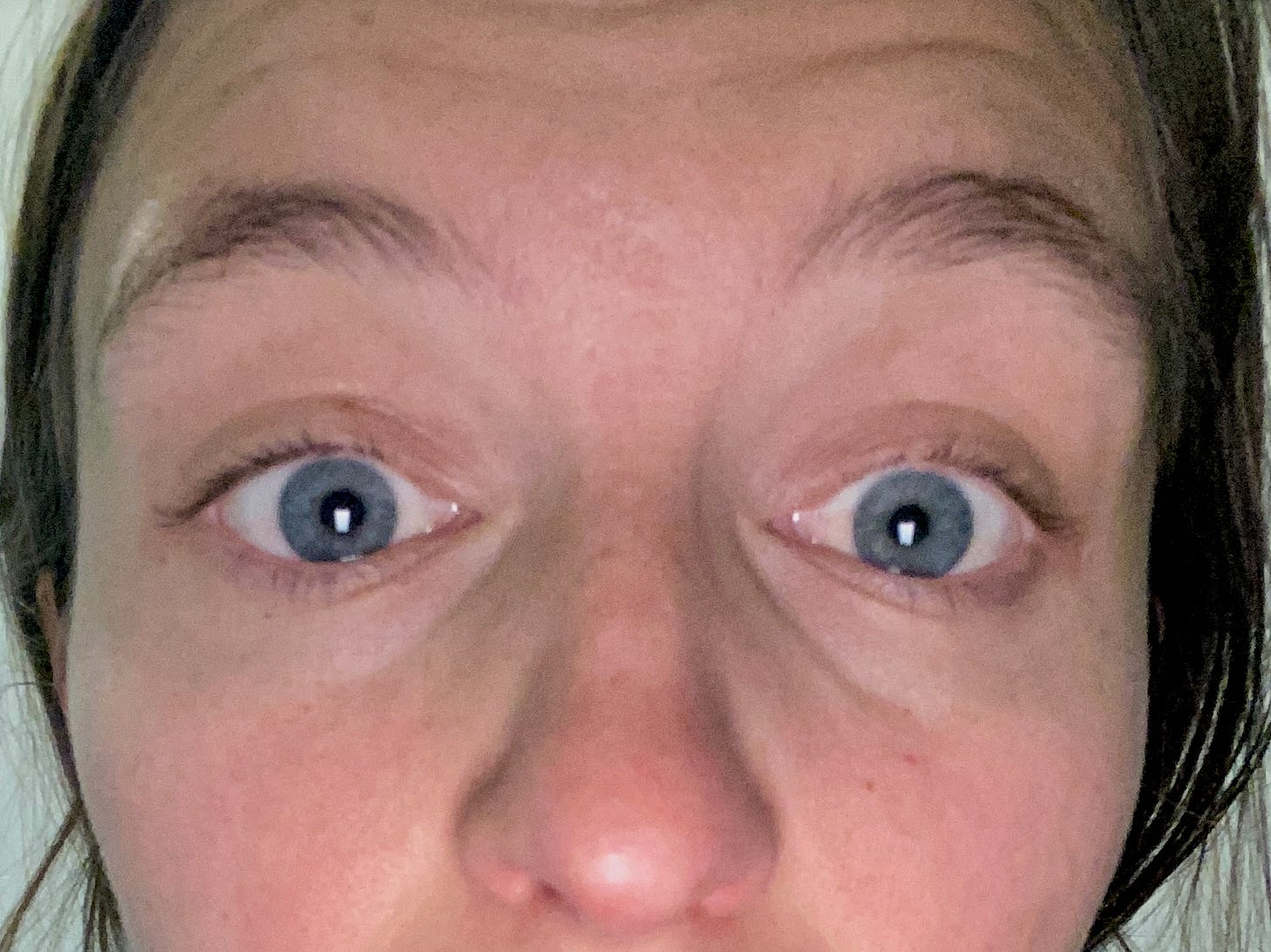Over coffee—mine, both decaf and lactose-free—a friend tells me I need to meet So-and-So. “She’s just so chill.” It’s at this point that I realize no one has ever described me this way.
Not at five years old, when I cried because I couldn’t remember what bad thing was meant to happen that day. (The milk was expiring.)
Not at 22, when I became so stressed in the search for my first job that I developed shingles.
Not last week, when I asked ChatGPT if I could die from eating too many poppyseeds.
I wonder what to make of this. Maybe she means that So-and-So and I will get along in a yin and yang kind of way. So-and-So will be down for a spontaneous weekend trip, and I’ll be down to vet all accommodations by virtually walking the streets on Google Maps.
These, I realize, are also not the thought patterns of someone described as “chill.”
The problem with being unchill is that while it prepares a person for disaster, it does nothing to make disaster less surprising.
Earlier this year, my friends and I took a ski lift in the south of Spain to find almost no visibility on top. I started down the mountain thinking, “You’re going to fall and get hurt.” I was shocked when, three minutes later, I fell and got hurt.
As my head landed on my detached ski, my first thought was, “I have a concussion.” It turns out this isn’t your first thought when you have a concussion. It’s something more like “I wonder who’s president these days.”
A chill person would have gotten up and said, “Hey, it happens.” Instead, I told my friends—in a super chill way—I was just going to swing by the emergency room and catch 'em on the next run.
On the way down the mountain, I started a new chat with ChatGPT. I asked it if it was safe to sleep tonight. It told me yes, so long as someone woke me every few hours to make sure I was responding. And if I live alone (I do), I could just set an alarm to make sure I’m responsive. This is what they’re calling superhuman logic.
In the clinic waiting room, I engaged in such chill activities as reading deeply about concussion tests. Then I worried this was cheating. I was told I would be asked to name the president, and I panicked over whether to name the Spanish or US one. Who was the president these days?!
In the doctor’s office, I walked around with my eyes closed and did a bunch of weird things with my arms. She sent me to have a head X-ray. When I came out, I couldn’t remember where I’d left my belongings. Smiling, I asked the doctor if this was part of the test. It seemed like the chill thing to say.
She gave me the all clear, asking that I return if one pupil became larger than the other. It turns out, this is the worst thing you can say to me. I spent the next 48 hours studying myself in every reflective surface. Once I realized I couldn’t look at both pupils at the same time, I started taking flash selfies to compare and contrast virtually.
So I’m not what you’d call “chill” or “detached.” If anything, I’m fully attached—to worry, but also to curiosity. And so I have my doubts over whether “chill” is really a virtue.
Poetry is not chill. It notices. It dwells. It lingers. It gives the smallest things large swaths of attention. It has an opinion. As Mary Oliver writes: “To pay attention, this is our endless and proper work.”
Back in the cafe, I realize my thought spiral has occupied the last forty seconds of my friend’s talking. She pauses. Knowing it’s my moment to affirm her, I search for what So-and-So would say. I shrug in the most effortful attempt at effortlessness. “Hey,” I say. “It happens.”






You're sage and kind, which makes you chill in a ... metaphysical way! 🍃🕺
Anyways, a very enjoyable reading!! Thanks friendd
I really really liked this his one Emma! From a fellow very-unchilled 🐛